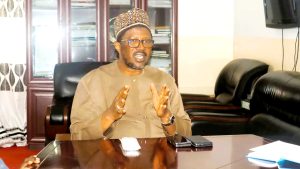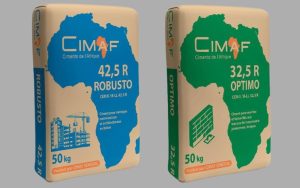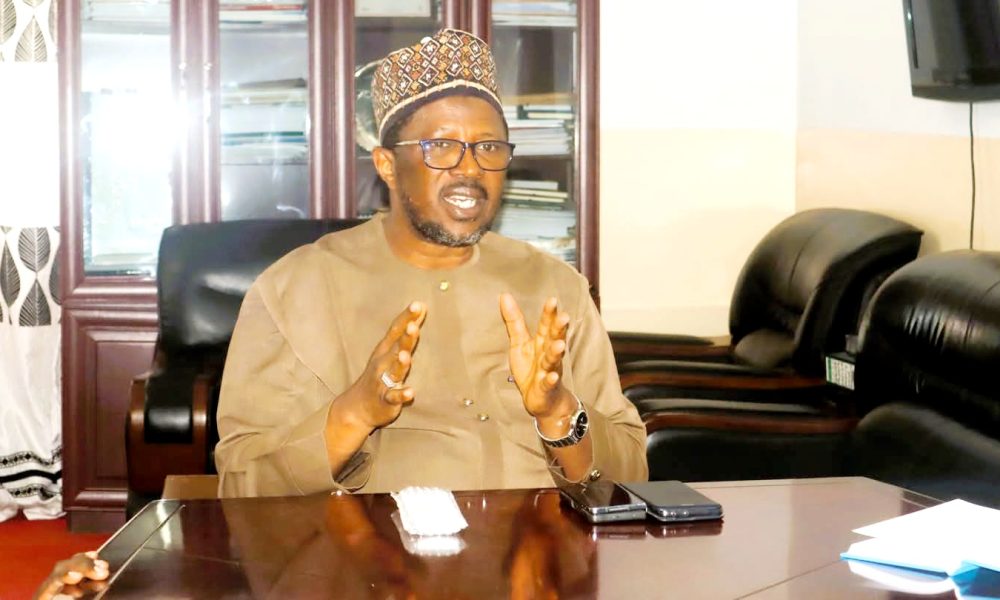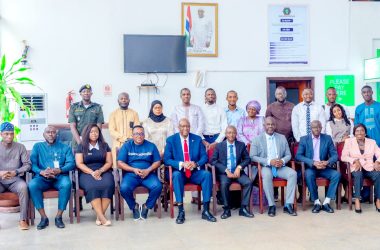Representatives of the Cement Importers and Agents Association of The Gambia have emerged from their last week’s cement tariff talks with Gambia government officials disappointed, this medium can authoritatively report.
The representatives of one of the country’s cement trade unions went to the Ministry of Trade in Banjul on Thursday with a set of demands, suggestions and recommendations vis-a-vis the government’s 180% cement tariffs. The government’s tariff policy, which saw a levy on a bag of imported cement jump from D30 to D130, has devastated and continues to cripple many cement businesses across the country. The government insists that the political decision is informed by the need to boost local production and ensure local cement factories are protected from huge international cement companies.
However, this political decision has both economic and social ramifications as could be seen in jobs losses in the construction industry and it has negatively impacted and still affects incomes, household budgets, the banking and transport sectors as well as the local economies. The tariff policy was also believed to be responsible for the cement price hikes and intermittent nationwide cement shortages last year and this year.
The representatives of the Cement Importers and Agents Association of The Gambia were at the Ministry of Trade in Banjul last week to discuss these issues and related matters, but they could not achieve anything meaningful from their engagement with the trade ministry officials, JollofNews was informed.
“We were literally strong-armed into listening to the trade ministry officials. They talked and talked and almost did not give us any chance to say anything,” one of the attendees explained to JollofNews with utter disappointment.” I can say they did not give us the platform to explain ourselves and this has defeated the purpose of the meeting because we requested for the meeting to see how we can end this cement problem, but not to be dictated to by the trade ministry officials to work with Jah Oil.”
Our interlocutors said the trade ministry officials did not allow them much room to explain why they were in Banjul, but literally lectured them on the need to work with Jah Oil cement factory, how importing cement from Senegal negatively impacted the strength of the dalasi and how importing cement from Senegal will economically empower the neighbour.

One of the attendees added: “How can we work with Jah Oil when Jah Oil itself is not working. Their factory engines were silent for more than two weeks and trucks will be queuing at the factory for weeks without loading a single bag of cement. Their argument that importing cement from Senegal erodes the strength of the dalasi is premised on a shaky ground because it’s a well-known fact that the CFA is pegged to the euro. And we have seen how the CFA has been significantly appreciating against the dalasi since the imposition of the cement levy last year.”

The Cement Importers and Agents Association of The Gambia, however, expressed appreciation to the Permanent Secretary at the Ministry of Trade, Modou Ceesay, for honouring their request for the audience.
JollofNews will make more effort to speak to PS Secka or any other trade ministry officials as the ministry’s rules of engagement with the media are concerned.





